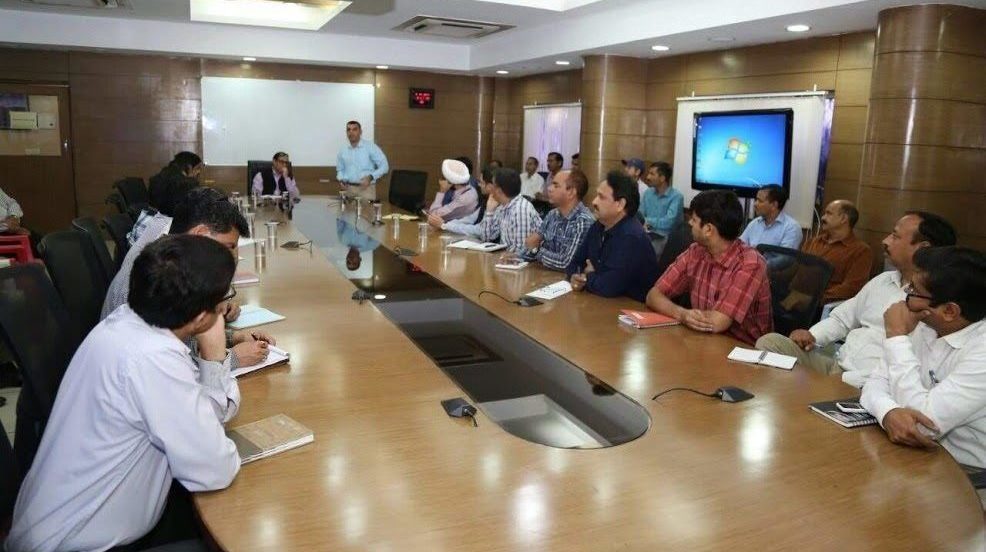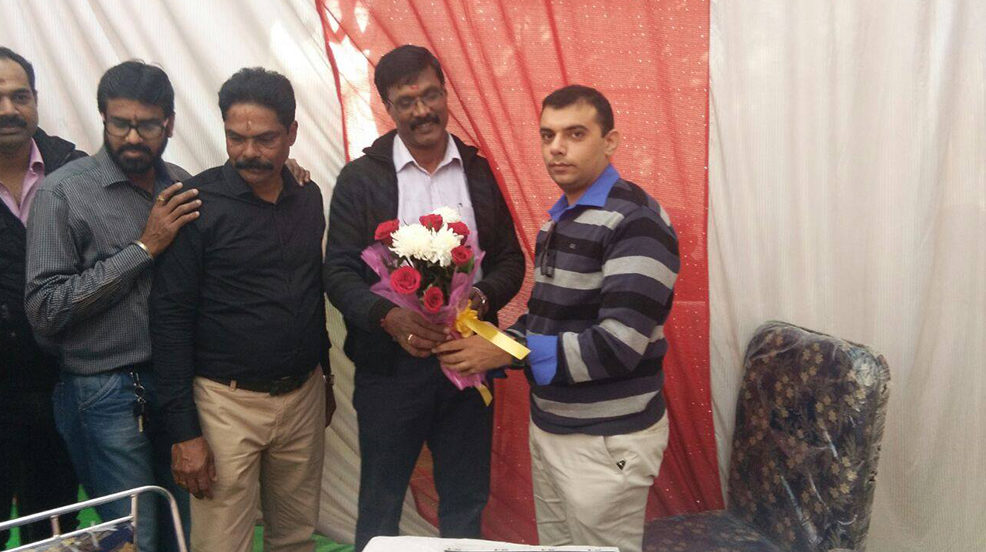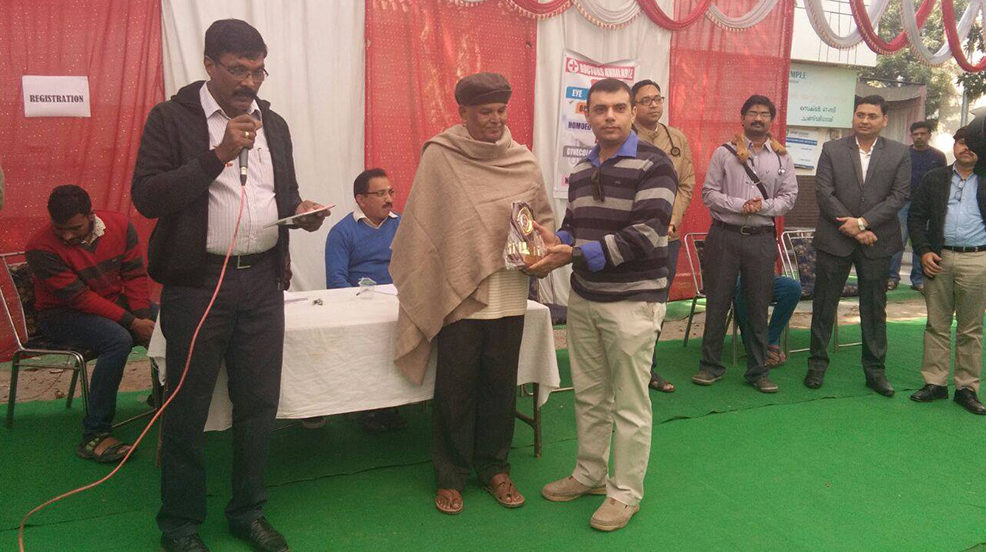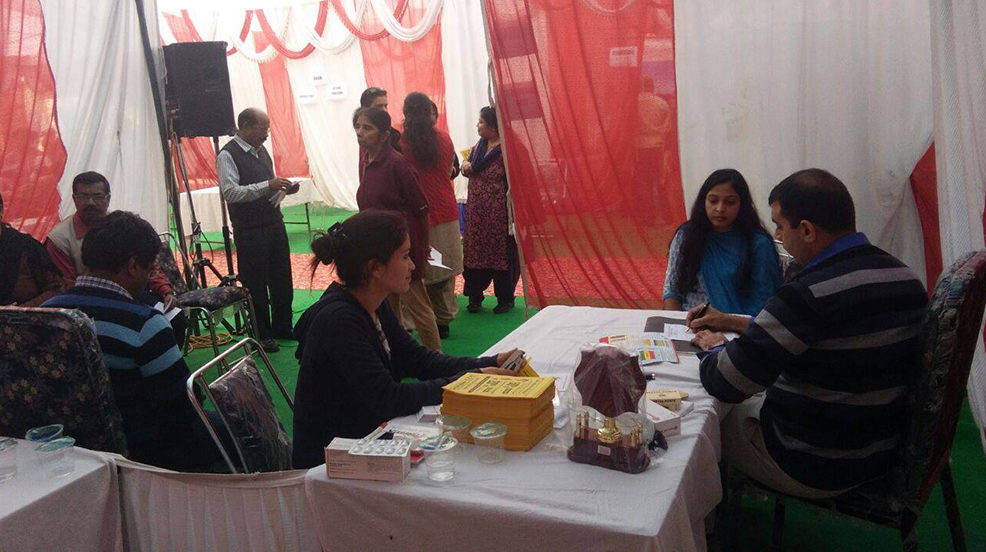Knee discomfort and poor mobility can drastically reduce one’s quality of life, complicating even simple chores. Fortunately, advances in medicine have provided ground-breaking options, one of which is knee replacement surgery, which stands out as a game changer for people suffering from chronic knee problems. This surgery offers hope to people suffering from serious knee issues. This medical operation involves replacing a degraded or diseased knee joint surface with an artificial one.
This procedure helps to alleviate pain, restore function, and improve the overall quality of life for patients suffering from severe knee disorders. It is often recommended for people suffering from osteoarthritis, rheumatoid arthritis, post-traumatic arthritis, or other degenerative illnesses of the knee.
Have a look at the benefits of knee replacement surgery
Increases quality of life
Knee problems can have a significant impact on a person’s quality of life, including chronic discomfort and reduced mobility. However, a key benefit of knee replacement surgery is its significant impact on overall well-being. This surgical procedure not only relieves physical discomfort but also promotes mental and psychological well-being.
Quick recovery
Progress in surgical methods and post-operative care has significantly reduced the recovery time associated with knee replacement surgery. Customized physical therapy and rehabilitation regimens are intended to meet the individual needs of each patient, allowing for a quick return to routine activities. Many patients are pleasantly pleased by the swift progress they achieve during their healing process.
Long-term effective
When evaluating the benefits of knee replacement surgery, it is critical to consider its long-term effectiveness. This surgical method is intricately designed to deliver long-term answers. They can resist the demands of daily life by using contemporary implants comprised of tough and lasting materials. As a result, patients can enjoy the benefits of the procedure for many years.
Diminish need for pain medications
A great advantage of knee replacement surgery is its ability to reduce the need for pain medications. Chronic knee pain frequently requires the use of such drugs that can have serious side effects and long-term health consequences. Thus, the benefits of knee replacement surgery extend beyond pain reduction to include broader aspects of well-being.
Highly personalized
The advancement of knee replacement treatments has resulted in more personalized approaches. Surgeons now consider the patient’s age, activity level, and overall health when determining the best implant and surgical approach. This individualized approach ensures that each patient’s unique needs are satisfied, resulting in better outcomes.
The benefits of this knee replacement surgery extend beyond physical comfort to include emotional well-being, regained functionality, and excitement for life.
An insight into the procedure of knee replacement surgery
The process of knee replacement involves three steps
- Preoperative evaluation
- Surgical procedure
- Post-operative care
Preoperative preparation
The surgeon evaluates the overall health of the patient. Thereafter, he discusses the process, benefits, and risks associated with it.
Surgical procedure
The procedure includes
- anaesthesia administration to ensure the comfort of the patient
- performing surgical incision over the knee to access the joint
- removing damaged cartilage on the surface of bone by scraping
- shaping the remaining bone surfaces to fit prosthetic components.
- Attaching components such as tibial and patellar components to the original bone
- The surgeon then evaluates the stability and range of motion of the newly implanted knee joint.
- The incision is closed with either sutures or staples.
Overall, for younger patients with significant joint degeneration, knee replacement surgery can provide long-term relief, potentially preventing further deterioration and the need for additional procedures. It can promote an active lifestyle, improve joint health, and alleviate secondary disorders caused by changed gait and posture.
If you are looking for the Best Knee Replacement Surgeon in Chandigarh, look no further than Dr. Manu Mengi. He has established himself as a trustworthy specialist in knee replacement surgery due to his expertise and continuous commitment to patient well-being. His dedication to achieving exceptional results and providing individualized care ensures that patients receive top-notch therapy for their knee issues. Dr. Manu Mengi can help you with your knee replacement needs in Chandigarh. Reach out to him today.





